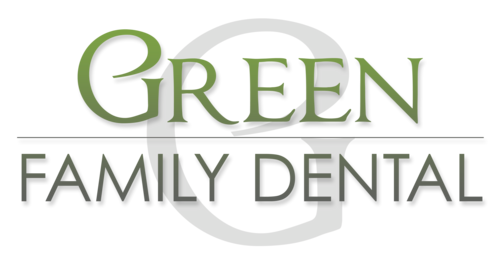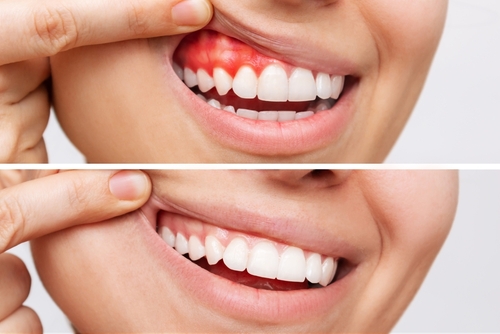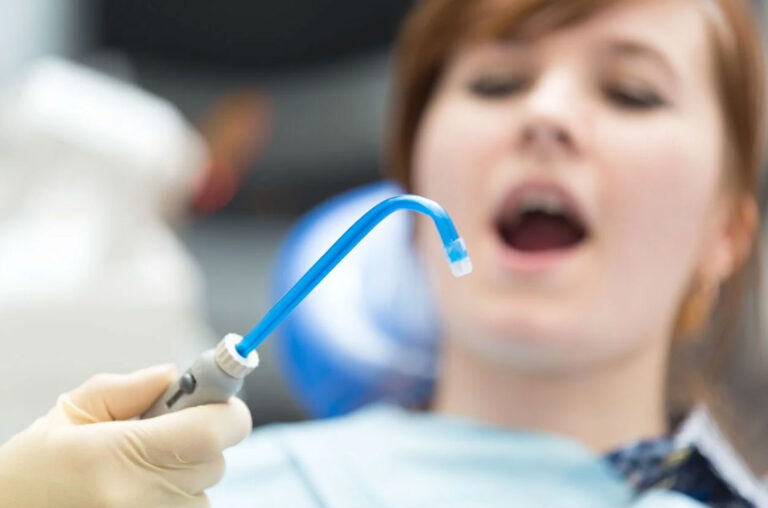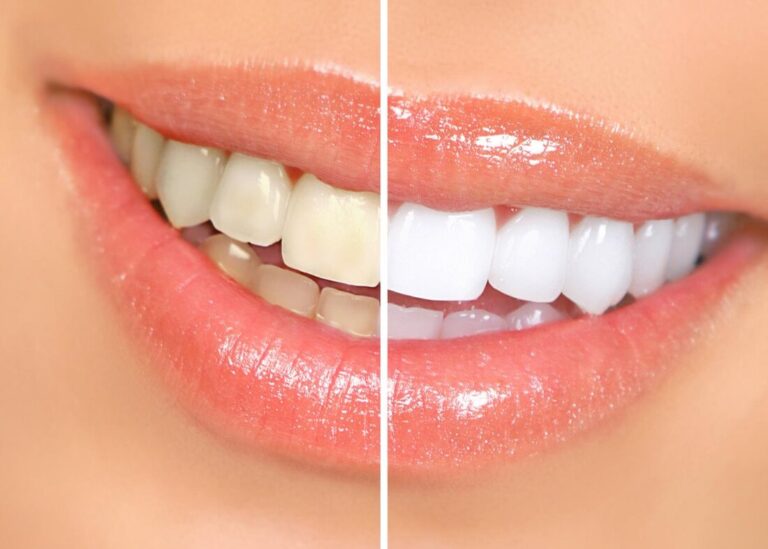How Your Diet Affects Your Oral Health
Your diet is a crucial factor in your overall health, and it plays a significant role in maintaining oral health as well. While brushing, flossing, and regular dental checkups are essential, what you eat and drink can strongly impact your teeth, gums, and even the success of dental procedures like fillings, crowns, and implants. By understanding the relationship between your diet and oral health, you can make more informed choices to protect your smile and promote lasting wellness.
This blog will explore how certain foods and beverages interact with your oral environment, the effects they have on dental work, and which dietary habits can undermine or enhance your oral health. Whether you’re looking to prevent tooth decay, protect existing dental work, or simply upgrade your oral hygiene routine, this guide will help you make mindful decisions.

The Link Between Diet and Oral Health
Your mouth is the entry point for all the nutrients your body absorbs, so it makes sense that your diet significantly influences your oral health. Every time you eat or drink, you’re introducing substances that interact with your teeth, gums, and saliva. Some foods provide the minerals and vitamins needed for strong teeth, while others can erode enamel, lead to decay, or contribute to inflammation.
For instance, sugary or acidic foods tend to feed harmful bacteria in the mouth, creating acids that weaken enamel and make teeth more susceptible to cavities. On the other hand, foods rich in calcium, phosphorus, and vitamin D can strengthen tooth enamel and promote gum health. Your dietary choices do not only affect your natural teeth—they also have implications for the longevity and efficacy of dental repairs and restorations like fillings, crowns, and implants.
Foods That Harm Oral Health
Certain foods and drinks are notorious for their damaging effects on oral health. Here are some of the biggest culprits to watch out for:
1. Sugar-Packed Treats
Candy, cookies, and other sugary snacks are magnets for oral bacteria. When bacteria feed on sugar, they produce acids that wear down tooth enamel, leading to cavities. Sticky candies, like caramel or gummies, are particularly harmful as they cling to teeth longer, increasing exposure to decay-causing agents.
2. Acidic Foods and Drinks
Citrus fruits, tomatoes, vinegar-based dressings, and carbonated beverages, including diet sodas, are highly acidic. Acid softens enamel, making teeth more prone to erosion and sensitivity. Over time, enamel loss can expose the underlying dentin, causing discomfort and making restorative dental work like fillings more necessary.
3. Refined Carbohydrates
Foods made with refined flour, such as white bread, crackers, and chips, break down into simple sugars in your mouth. These sugars fuel bacteria growth, producing the same harmful acids that damage teeth.
4. Alcohol
Frequent consumption of alcohol can dry out your mouth, reducing saliva production. Saliva plays an important role in washing away food particles and bacteria. Without adequate saliva, your risk of tooth decay and gum disease increases significantly.
5. Hard Foods
Chewing on hard foods, like ice or unpopped popcorn kernels, can lead to chips or cracks in teeth. This is especially risky if you already have dental restorations, which could be damaged under high pressure.
How Your Diet Impacts Dental Restorations
Dental procedures like fillings, crowns, and implants offer excellent solutions for repairing or replacing damaged teeth. However, the success and longevity of these treatments depend, in part, on your dietary habits.
1. Fillings
Fillings are used to repair cavities, but poor diet choices can compromise their durability. Consuming too many sugary or acidic foods can lead to further decay around the filling, requiring additional dental work. Sticky foods, in particular, can wear down or dislodge fillings over time.
2. Crowns
Crowns protect weakened or damaged teeth, but they can be affected by the same foods that harm natural teeth. Acidic and sugary items can erode the cement that holds crowns in place, increasing the likelihood of detachment. Hard foods can also crack or chip crowns, leading to costly repairs.
3. Dental Implants
Dental implants are designed to simulate the function of natural teeth, and maintaining a healthy diet is key to their success. Biting hard foods can damage the crown attached to the implant, while sugary and acidic foods can irritate the gums surrounding the implant. Healthy gums are essential for the stability of implants, as they support the bone where the implant is positioned.
Foods That Strengthen Oral Health
While some foods can damage your teeth, others can actively work to protect and strengthen them. Incorporating the following items into your diet can boost your oral health and aid in maintaining dental restorations:
1. Calcium-Rich Foods
Foods like dairy products (milk, cheese, yogurt), leafy green vegetables, and almonds are high in calcium, which strengthens teeth and bones. Cheese, in particular, has been found to increase saliva production and lower the acid levels in the mouth.
2. Phosphorus-Rich Foods
Eggs, meat, fish, poultry, and legumes contain phosphorus, which works with calcium to rebuild and strengthen tooth enamel.
3. Crunchy Fruits and Vegetables
Apples, carrots, and celery act as natural toothbrushes, helping to scrub plaque off the surface of your teeth. They also stimulate saliva production, which neutralizes harmful acids and rinses away food particles.
4. Vitamin C-Rich Foods
Oranges, strawberries, and bell peppers are packed with vitamin C, which promotes healthy gums and protects against gingivitis. The antioxidative benefits of vitamin C also support gum healing around dental implants and other restorations.
5. Water
Hydration is vital for oral health. Water helps rinse away food particles, bacteria, and acids. If it’s fluoridated, it provides an added benefit by fortifying teeth against decay.
Smart Diet Habits for Better Oral Health
To make your diet dental-friendly, consider adopting these practical habits:
- Limit Sugary Snacks
When you consume sweets, opt for eating them during meals rather than snacking between meals. Saliva production increases during meals, helping to rinse away sugars.
- Rinse After Acidic Foods or Drinks
Drink water after consuming acidic items instead of brushing immediately, as softened enamel can erode under toothbrush friction.
- Chew Sugar-Free Gum
Chewing sugar-free gum stimulates saliva production, which aids in neutralizing acids and strengthening enamel.
- Snack on Nuts or Cheese
Replace sugary snacks with nutrient-dense options like nuts or cheese, which promote oral health while satisfying hunger.
Schedule Your Next Dental Visit!
Your diet has a profound impact on your oral health and the longevity of dental restorations like fillings, crowns, and implants. Understanding which foods to avoid and which to include in your daily diet can make all the difference in maintaining a healthy, vibrant smile. By reducing sugar and acid intake, staying hydrated, and incorporating nutrient-rich foods, you can protect your teeth and dental investments for years to come.
Ultimately, good nutrition doesn’t just contribute to healthier teeth and gums—it also optimizes the results of your dental procedures and supports overall well-being. Making simple dietary changes today can lead to significant improvements in your oral health tomorrow.






